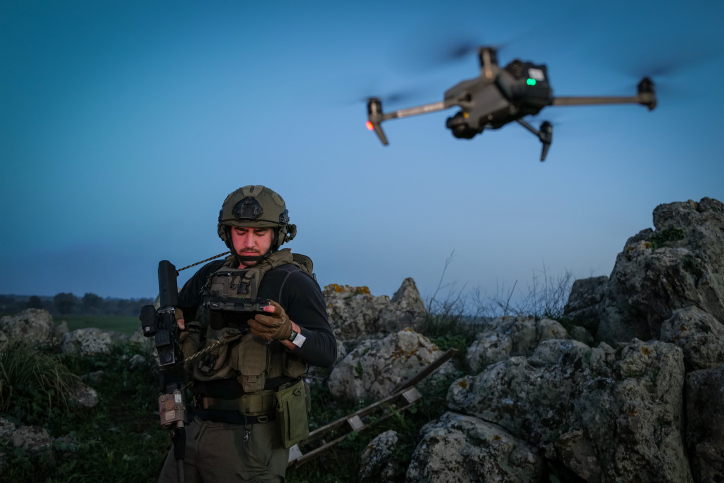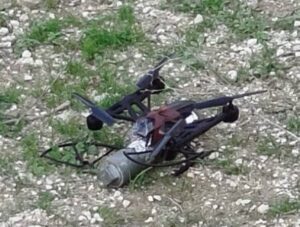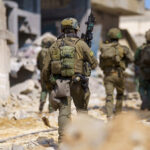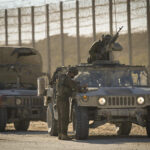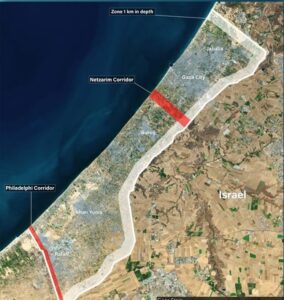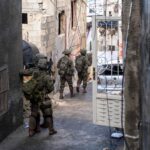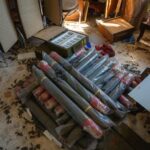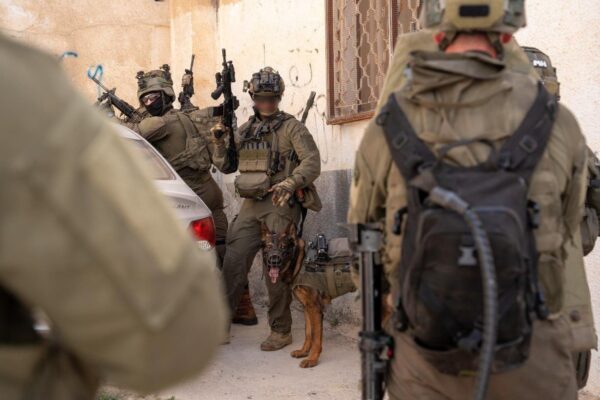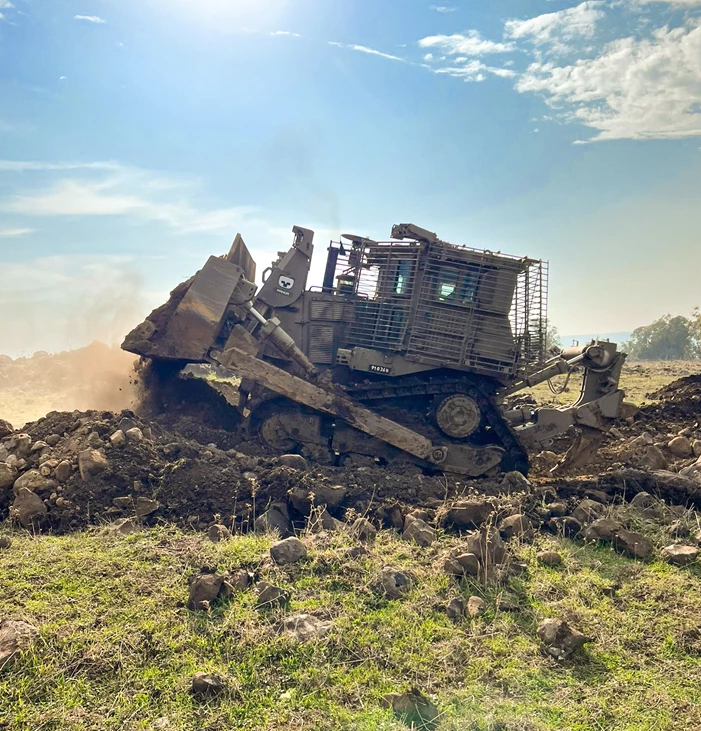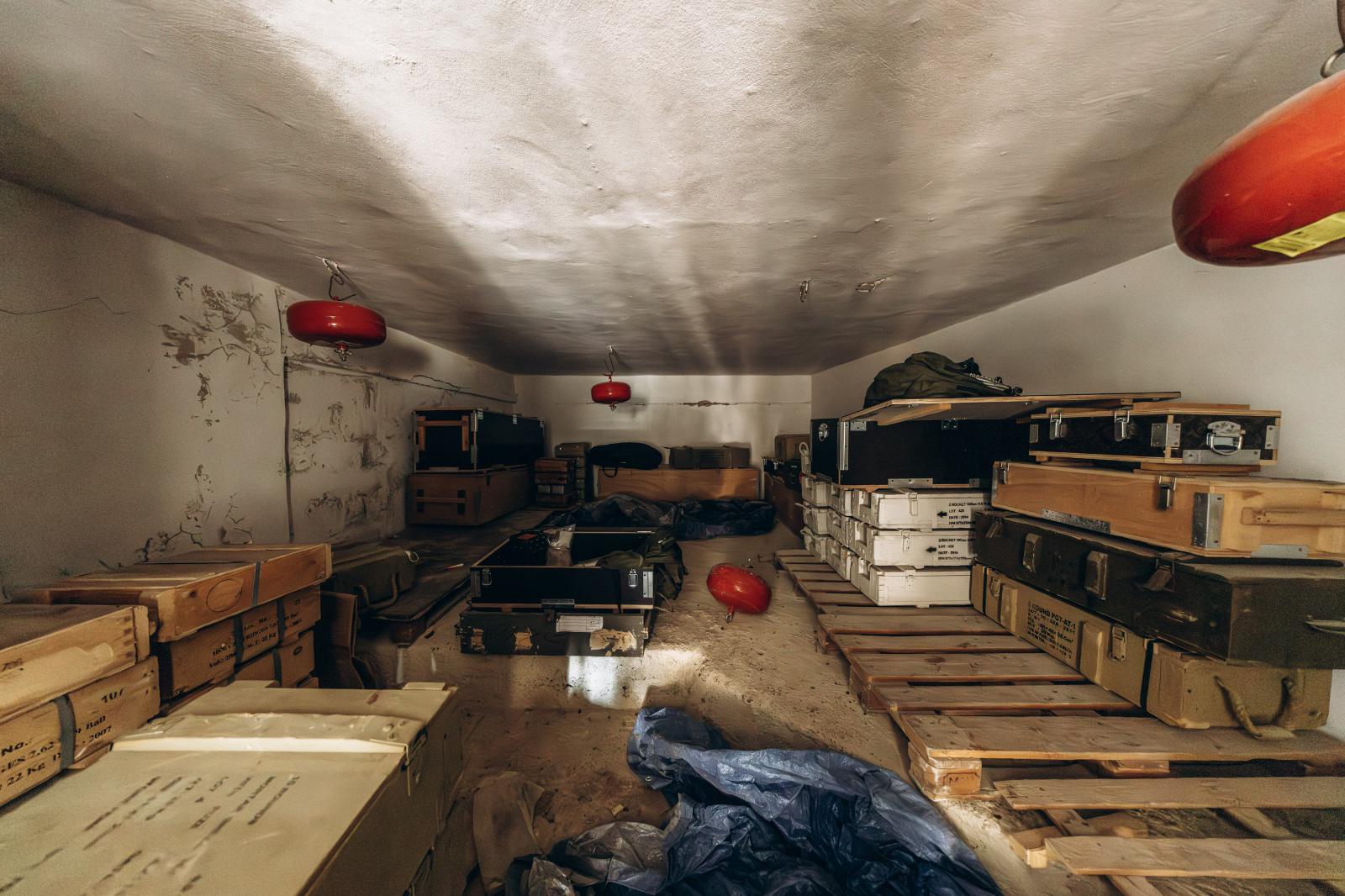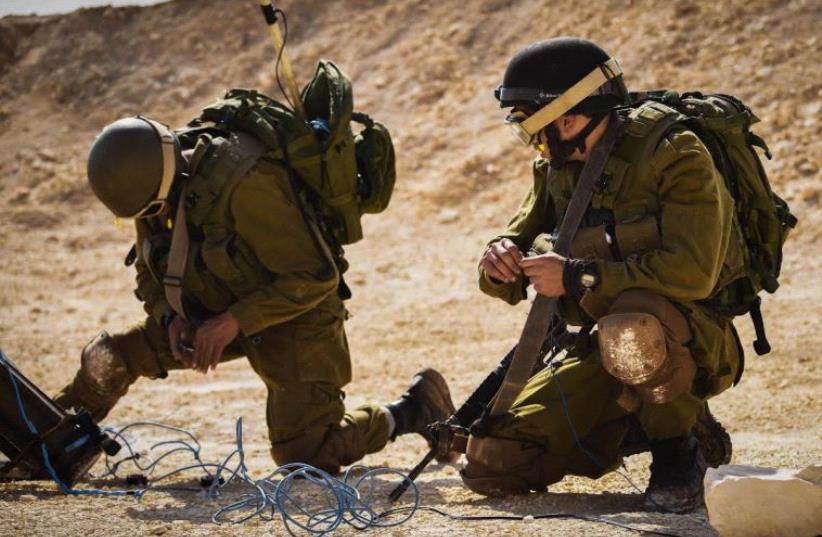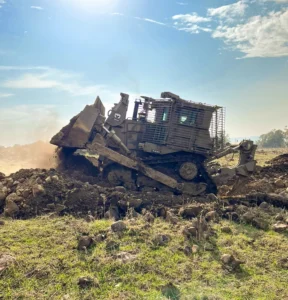This marks a shift from the IDF Ground Forces’ recent preference for Chinese drones.
By JNS
MAFAT, Israel’s Defense Research and Development Directorate, plans to issue a tender for the purchase of about 20,000 Israeli-made drones, worth hundreds of millions of shekels.
The winning companies will supply various types of drones, including attack and surveillance models, over five years.
Israeli companies such as Dronix Engineering, Xtend, Robotican—Autonomous Robotics, Heven Drones and CopterPIX Pro may apply when the tender is published.
This marks a shift from the IDF Ground Forces’ recent preference for Chinese drones.
The IDF ordered thousands of drones from SZ DJI Technology and Autel Robotics, two Chinese companies blacklisted by the U.S. Department of Defense, due to urgent needs in the current Gaza conflict.
However, this dependence on Chinese drones poses security risks and could be problematic if China, an ally of Iran, Russia, Qatar and Hamas, decides to restrict component sales.
Chinese drones also face operational challenges on Israel’s northern front, where Hezbollah uses the DJI AeroScope detection platform to identify and locate them.
Recognizing these issues, the IDF aims to support the Israeli drone industry for long-term strategic advantage.
The Israeli drone industry currently lacks the capacity for large-scale production.
To meet the new demand, Israeli companies must establish production lines and recruit skilled workers.
Consequently, drone supply from the tender is expected to arrive in the medium to long term.
Price constraints pose a significant challenge for Israeli manufacturers. The army’s price range of 10,000-20,000 shekels (about $2,750-$5,500) per drone is considered low by many companies.
This requirement may exclude offerings from major companies such as Elbit Systems and Rafael Advanced Defense Systems, whose drones exceed the specified price range.
For instance, Rafael’s Maoz drone, a 2 kg. (4.4 lb.) attack model with a one-km. (0.62-mile) range, is priced well above the tender’s limits.
Several Israeli companies are poised to compete in the tender.
Xtend, based in the Ramat Hahayal neighborhood in northeastern Tel Aviv, offers the multi-mission “Wolverine” drone, which can be equipped with thermal cameras, weapons, speakers or door-opening arms.
Robotican supplies the “Rooster,” a flying drone that can transform into a small motorized vehicle for various missions.
Other potential contenders include Tehiru, specializing in drones with encrypted communication to evade enemy electronic warfare; Dronix, with its DR series of drones, including the DR-750 capable of 35-minute aerial surveillance; Heven Drones, offering the “Urban” UAV with a 37-minute flight time and 10-kg. (22-lbs.) payload capacity; and CopterPIX, which produces the ERE drone series.



